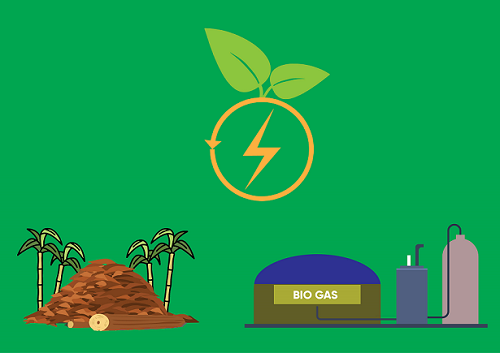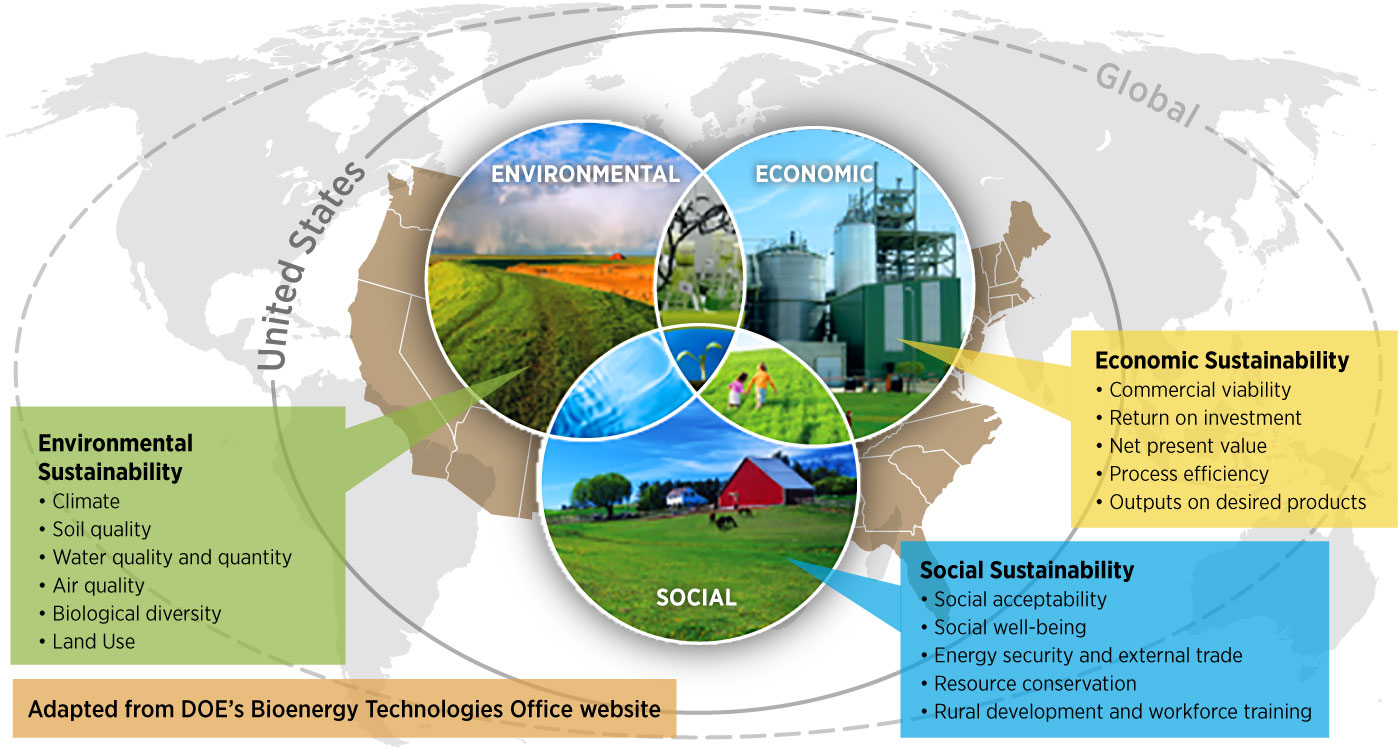
Global Collaboration for Biofuel Sustainability
Introduction
Global Collaboration for Biofuel Sustainability is a topic of utmost importance in the context of global sustainability and the ongoing energy transition. This article aims to provide a comprehensive understanding of the historical background, key concepts, and current trends related to biofuel sustainability. By highlighting the main discussion points, case studies, challenges, and future outlook, this article underscores the significance of global collaboration in achieving sustainable biofuel production and consumption.
Historical Background
The biofuel industry has witnessed significant evolution and growth over the years. From early experiments with vegetable oils to modern-day bioethanol and biodiesel production, the industry has come a long way. The historical efforts and initiatives towards global collaboration in biofuel sustainability have played a crucial role in shaping the industry. The exchange of knowledge, best practices, and technological advancements have paved the way for innovative and sustainable biofuel solutions.
Key Concepts and Definitions
Biofuels, derived from renewable resources such as agricultural crops, forestry residues, and algae, hold immense significance in the context of renewable energy. These fuels provide an alternative to fossil fuels by reducing greenhouse gas emissions and promoting energy security. Sustainability is a vital aspect of biofuel production and consumption. It encompasses the efficient use of resources, minimization of environmental impacts, and consideration of social and economic factors. Global collaboration, characterized by the collective efforts of nations, organizations, and stakeholders, plays a pivotal role in achieving biofuel sustainability. A leadership agenda, within this context, refers to a strategic plan that guides and directs the collaborative efforts towards sustainable biofuel practices.

Main Discussion Points
Cross-border collaboration is of utmost importance in biofuel research and development. By sharing knowledge, expertise, and resources, countries can accelerate the pace of innovation in the industry. Successful international collaborations, such as the partnership between the United States and Brazil in biofuel production, serve as inspiring examples. Policy frameworks and regulatory mechanisms also play a significant role in promoting global biofuel sustainability. International agreements and initiatives aim to ensure sustainable production practices. However, policy gaps and challenges hinder effective collaboration, making it essential to address these obstacles.
Economic and social implications of global collaboration in biofuel sustainability are multifaceted. Collaboration has the potential to create jobs and spur economic growth, particularly in regions with abundant biofuel resources. Moreover, social equity and inclusivity must be considered to ensure that the benefits of biofuel sustainability are shared equitably among all stakeholders.
Case Studies or Examples
The European Union’s biofuel sustainability certification system serves as a notable case study. The EU’s Renewable Energy Directive has had a significant impact on global collaboration. The certification system ensures that biofuels meet specific sustainability criteria, promoting responsible production and consumption practices. Analyzing the effectiveness of this certification system is essential in assessing the impact of global collaboration on biofuel sustainability.
Another compelling case study is the collaboration between Brazil and the United States in biofuel production. These countries have implemented policies, research initiatives, and technology transfers to enhance their biofuel industries. By examining the impact of this collaboration, valuable insights can be gained regarding the importance of international partnerships in achieving sustainability goals.
Current Trends or Developments
Recent advancements in biofuel technology and production methods have opened doors to more sustainable and efficient processes. From cellulosic biofuels to algae-based fuels, these innovations have the potential to reduce environmental impacts and enhance energy production. Additionally, research findings on the environmental and social impacts of biofuel production contribute to the ongoing efforts towards sustainable practices. Emerging international partnerships and alliances, such as collaborations between Asian and European countries, signify the increasing global focus on biofuel sustainability.
Challenges or Controversies
Debates surrounding the sustainability of specific biofuel feedstocks pose challenges to global collaboration. Conflicting interests and competition among countries in the biofuel market further complicate cooperation efforts. Socio-cultural and ethical concerns related to land use change and food security must also be addressed to ensure sustainable biofuel production.
Future Outlook
The potential for increased collaboration through international institutions and agreements is promising. Organizations like the International Energy Agency and the United Nations can play a crucial role in facilitating global cooperation. Biofuels are expected to play a significant role in achieving global climate and energy targets, making collaboration even more critical. Exploring emerging technologies and innovations, such as synthetic biology and waste-to-energy conversion, offers a glimpse into the future of sustainable biofuel production.
Conclusion
Global collaboration for biofuel sustainability is imperative in the face of growing environmental challenges and the need for clean energy sources. This article highlighted the historical background, key concepts, main discussion points, case studies, challenges, and future outlook related to global collaboration for biofuel sustainability. By emphasizing the significance of collaboration and calling for action from policymakers, researchers, and industry leaders, this article aims to inspire collective efforts towards a more sustainable biofuel industry.